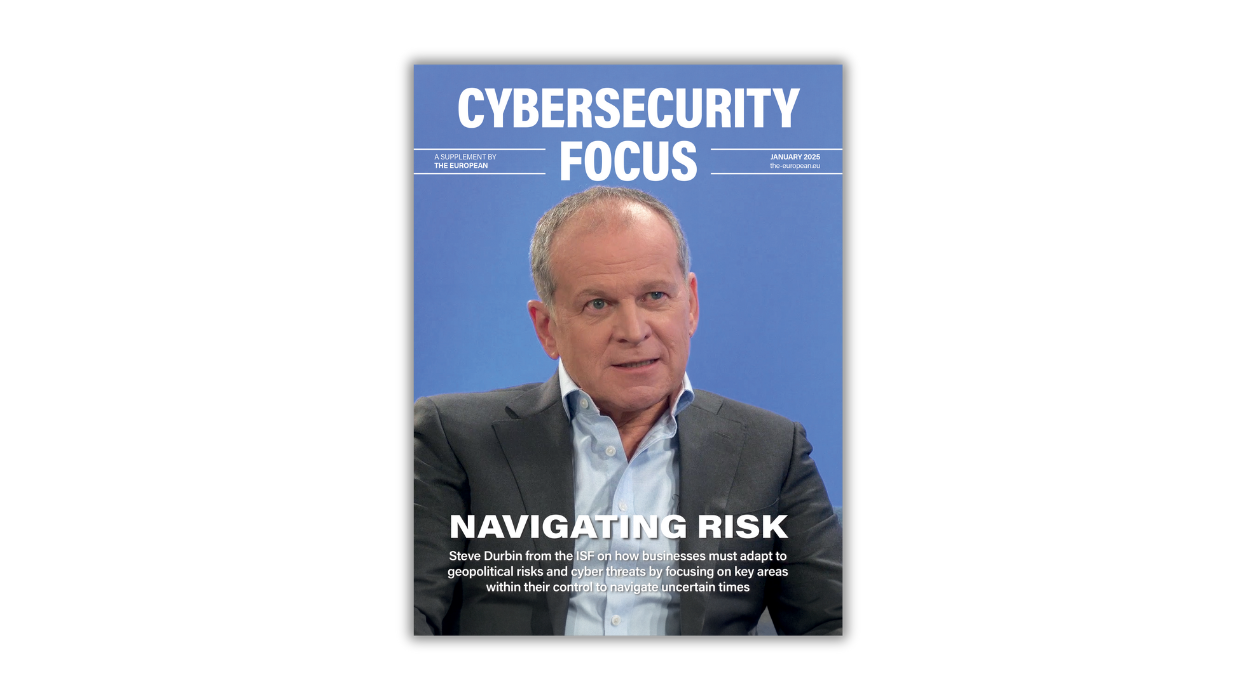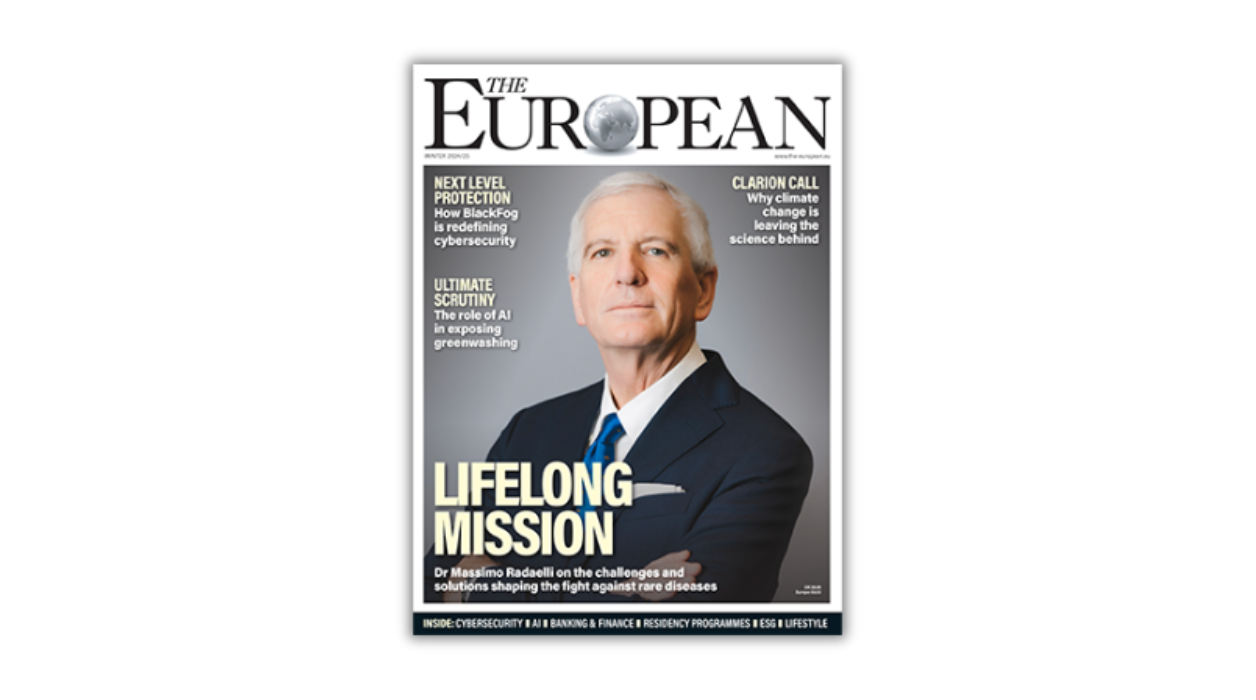Half of European businesses believe top quality data is vital for survival, study finds

John E. Kaye

Dun & Bradstreet reveals businesses are increasingly dependent on data post-pandemic – despite a lack of skills and expertise to utilise and understand business data – with a quarter of projects failing to meet business expectations
With businesses still experiencing the disruption to their operations and supply chains due to the pandemic, research commissioned by leading global business decisioning data and analytics provider Dun & Bradstreet has found that over half (52%) of European businesses surveyed don’t think they will survive without relevant, up-to-date and compliant business data.
The findings, published in Dun & Bradstreet’s ‘The Future of Data’ report, revealed that two-thirds of business leaders agree that data is the most useful tool for their organisation to identify new markets to work with (64%) and is crucial for targeting new customers (62%).
Furthermore, with the pandemic continuing to disrupt supply chains globally, six in ten businesses surveyed are using data to assess risk (65%) and monitor procurement and supply (62%).
“With the enormous growth in available data, businesses don’t need just any information, rather data that’s carefully curated, timely and accurate. In other words, data that’s fit for purpose,” said Anthony Scriffignano, Senior Vice President and Chief Data Scientist, Dun & Bradstreet. “Companies have needed to change how they make sense of information and form predictions based on that information for some time, but the pandemic has pushed that imperative right up the business agenda. Thinking about whether data is accurate and actually reflects what’s going on – or is in fact obsolete and irrelevant – is key.”
Despite the belief that accurate and timely data is crucial to business processes, business leaders admit that they are falling short when it comes to their ability to manage data.
Business leaders are also worried when it comes to data, admitting that they are concerned:
- about the accuracy of the data that their business stores for planning purposes (47%);
- that their business won’t have the technology to take full advantage of data (46%);
- and that their business is moving too slowly to make full use of data (45%).
Even when they do have a data strategy in place, businesses are struggling with effective data management (25%) and combatting fraud (22%). As a result, over a quarter (27%) of projects fail to meet business requirements on average.
On top of this, the difficulty in finding the right talent to analyse data and apply insights to business decisions is a major concern for over a quarter (27%) of organisations looking to improve their data literacy.
This lack of talent and knowledge is being felt elsewhere in business, with new regulatory requirements being another concern for organisations dependent on customer and supplier data. Half of businesses are worried about maintaining data privacy (50%), while a quarter point to data regulation and legal procedures as a source of risk (25%).
Consequently, the challenges that businesses have encountered in the last year and a half have demonstrated the need for leaders to prioritise data planning and integrate it into the overall business strategy. Seven in ten leaders believe data quality is critical for making the right decisions (69%) and believe effective data management can offer a competitive advantage (73%). Finally, two-thirds of organisations would value more advice (67%) to support businesses in making the best use of the data they have, indicating an awareness that they lack all the skills needed internally.
Scriffignano continues:
“Simply having access to tools that process data won’t mean a business is using them wisely. Talent has to be a key focus for the leadership team. Data skills should be in the business on purpose, not by accident. In addition to recruiting for new talent in the business, it’s vital not to overlook the existing workforce, instituting continuous learning to ensure that skills stay fresh and relevant. Leaders are responsible for setting a tone where people are willing to learn, including the senior team themselves – because as we know, data insight is becoming more critical to the CV of the CEO too.”
RECENT ARTICLES
-
 Managing cross-border risks in B2B e-commerce
Managing cross-border risks in B2B e-commerce -
 Research highlights rise of 'solopreneurs' as technology reshapes small business ownership
Research highlights rise of 'solopreneurs' as technology reshapes small business ownership -
 Human resources at the centre of organisational transformation
Human resources at the centre of organisational transformation -
 UK government sets up Women in Tech taskforce amid gender imbalance concerns
UK government sets up Women in Tech taskforce amid gender imbalance concerns -
 Liechtenstein lands AAA rating again as PM hails “exceptional stability”
Liechtenstein lands AAA rating again as PM hails “exceptional stability” -
 The Parisian business school quietly reinventing the MBA
The Parisian business school quietly reinventing the MBA -
 UK entrepreneur who founded £1bn firm acquires UAE amateur golf leader to launch world amateur Super League
UK entrepreneur who founded £1bn firm acquires UAE amateur golf leader to launch world amateur Super League -
 Why your home is the best place to teach children leadership
Why your home is the best place to teach children leadership -
 Inside the Spring 2025 Edition of The European
Inside the Spring 2025 Edition of The European -
 The Paris MBA designed for real-world leadership
The Paris MBA designed for real-world leadership -
 Soft2Bet reflects on eight years of leadership and philanthropy in new film featuring CEO Uri Poliavich
Soft2Bet reflects on eight years of leadership and philanthropy in new film featuring CEO Uri Poliavich -
 Global Banking School celebrates ‘milestone’ anniversary
Global Banking School celebrates ‘milestone’ anniversary -
 Saudi Arabia hosts the fourth Riyadh International Humanitarian Forum
Saudi Arabia hosts the fourth Riyadh International Humanitarian Forum -
 New York Congresswoman pushes for Trump’s birthday to be enshrined as federal holiday
New York Congresswoman pushes for Trump’s birthday to be enshrined as federal holiday -
 Red light, green bite: Netflix restaurant opens in Vegas
Red light, green bite: Netflix restaurant opens in Vegas -
 Read our Cybersecurity Focus supplement, featuring insights from Information Security Forum
Read our Cybersecurity Focus supplement, featuring insights from Information Security Forum -
 Davos World Economic Forum 2025: Collaboration for the Intelligent Age
Davos World Economic Forum 2025: Collaboration for the Intelligent Age -
 The European releases its Winter 2024/25 edition
The European releases its Winter 2024/25 edition -
 Read our FDI Focus supplement, featuring insights from Michael Lohan of IDA Ireland
Read our FDI Focus supplement, featuring insights from Michael Lohan of IDA Ireland -
 PizzaExpress to Expand Dough Base Stateside
PizzaExpress to Expand Dough Base Stateside -
 The two core skills middle managers need to navigate stormy weather
The two core skills middle managers need to navigate stormy weather -
 The Role of Financial Regulations in the Online Casino Industry
The Role of Financial Regulations in the Online Casino Industry -
 How to become a game-changer
How to become a game-changer -
 Taking the risk out of BOP ventures
Taking the risk out of BOP ventures -
 Releaf leading the way with marketing
Releaf leading the way with marketing



























